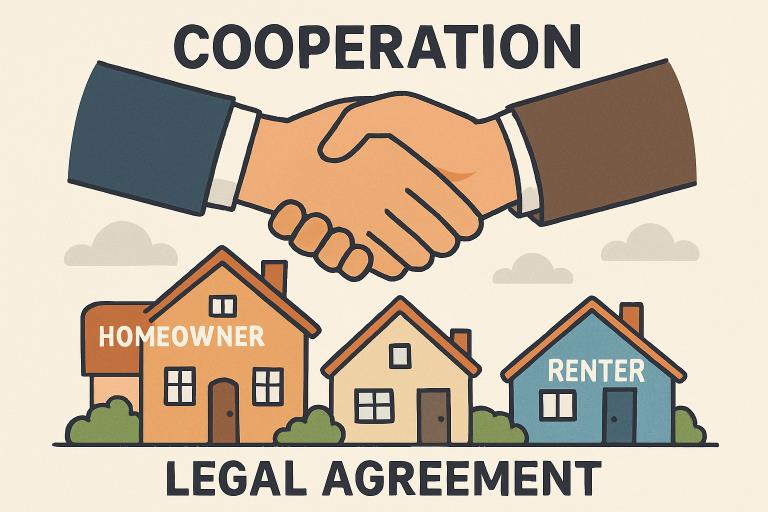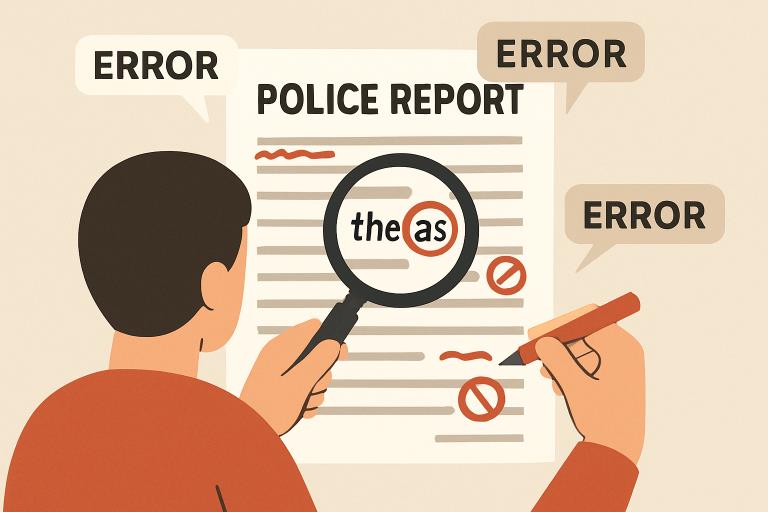Now Reading: How an Immigration Lawyer Helps You Appeal a Denied Citizenship Application
-
01
How an Immigration Lawyer Helps You Appeal a Denied Citizenship Application
How an Immigration Lawyer Helps You Appeal a Denied Citizenship Application

The blow of a denial — and why it isn’t the end
Getting a denial letter feels like the credits rolling before the climax; you did the work, waited through the scenes, and suddenly the story stalls. It’s normal to feel stunned, angry, or defeated. Yet a denial is often a plot twist, not the final act — with the right legal craft, many applicants reopen the story and steer it back toward citizenship.
Why citizenship applications get denied
Denials happen for a handful of repeatable reasons: test failures, gaps in continuous residence, questions about good moral character, missed physical presence, or tax and filing problems. A lot of the time the decision springs from paperwork errors, misread documents, or simple misunderstandings — the kind of mistakes a trained eye can spot and remedy.
Common reasons behind denials
Applicants frequently trip over paperwork details: missing certified translations, the wrong document format, or incomplete records. Other common pitfalls include failing the civics or English exam, not meeting residency or presence requirements, or disclosure issues that raise character concerns. Many of these are fixable with additional evidence or clarification.
How policy shifts complicate things
Immigration rules and their interpretations change more often than most people expect, and those shifts can reshape eligibility overnight. Officers may apply new standards or interpretations in ways that catch applicants off-guard; that’s where legal counsel shines, translating shifting policy into a clear, tactical response.
Documentation problems: the silent killer
Missing or poorly formatted documents are a surprisingly potent cause of denials. Certified translations, timely records, and correct forms matter; a single overlooked signature or an unofficial translation can be the difference between approval and denial. Crafting a complete, well-organized packet reduces the chance of a rejection rooted in clerical error.
What a lawyer does first: the initial case review
A skilled immigration attorney opens the file like a director reading a script — they dissect the denial letter, compare it to the original submission, and map where the decision diverged from the expected outcome. This diagnostic stage reveals whether the denial was procedural, evidentiary, or legal, and it determines whether appeal, rehearing, or reapplication is the smarter move.
Navigating legal procedures and strict deadlines
Appeals and rehearings come with tight deadlines and procedural gates; miss one, and the right to challenge a denial can vanish. Lawyers are procedural navigators: they file the correct forms, hit deadlines, and choose the right administrative or judicial pathway so your case doesn’t get lost in transit.
Building a persuasive appeal
Winning an appeal means turning confusion into clarity. Attorneys gather new evidence, assemble persuasive legal arguments, and address the exact concerns noted in a denial. They know which documents carry weight, how to contextualize disputed facts, and how to frame a narrative that speaks to the reviewer’s legal standards.
Types of appeals and their differences
Administrative appeals often start with a request for a hearing — a chance to present the case to a different officer and submit additional evidence. When an administrative route won’t fix an error of law or unreasonable agency action, federal court review becomes an option, but that path is more complex, lengthier, and requires litigation-level expertise.
Reapply or appeal: deciding the smarter move
Sometimes reapplying is cleaner; sometimes appealing is necessary. The decision rests on why the application was denied, how recent the facts are, and whether new evidence changes eligibility. A lawyer weighs time, cost, and the legal merits to recommend the path most likely to succeed.
What to expect during the appeal process
Timing varies, but many appeals must be initiated quickly after a denial. The process can take months, and in some cases over a year. Expect evidence collection, possible expert affidavits, and, if a hearing is scheduled, careful preparation of testimony and exhibits.
Evidence gathering and preparation for hearings
Successful appeals commonly bring in documentation that wasn’t in the original file — corrected records, affidavits from witnesses, employment and tax documents, or expert analyses. Lawyers prepare clients through mock hearings and shape testimony so the facts and legal arguments are presented crisply and confidently.
When appeals succeed — and when they don’t
Appeals tend to work best when the denial rested on incorrect facts, missing evidence, or misapplied law. If the original decision overlooked key documentation or misinterpreted rules, an appeal can reverse it; if the applicant fundamentally lacks eligibility, an appeal is less likely to change the outcome.
Alternative approaches beyond appeals
There are times when alternative solutions make more sense: addressing the underlying problem and reapplying, pursuing other immigration benefits, or resolving disqualifying issues before challenging the denial. An attorney lays out these options so you can choose a path that balances speed, cost, and chance of success.
Moving forward after a denial
A denial is a setback, but legally it’s also a map of what needs fixing. Acting swiftly, organizing missing evidence, and working with counsel to pick the best legal route materially improves the odds of a positive outcome. The process can feel long and procedural, but each step is progress toward reopening the possibility of citizenship.
FAQ
How do I appeal a citizenship denial?
File the appropriate appeal or request for a hearing promptly — typically using the designated administrative form — and include any new evidence that directly addresses the denial reasons.
What are the chances of winning an immigration appeal?
Chances vary by case, but appeals that correct factual errors, supply missing evidence, or point out legal misapplications often succeed with skilled legal representation.
What is Form N-336 and when is it used?
Form N-336 is the request for a hearing to contest a naturalization denial, used to present your case to a different USCIS officer and submit additional documents.
Should I reapply instead of appealing?
Reapplication can be smarter when circumstances have changed or missing documents can be supplied quickly; an attorney can assess which route is faster and more strategic.
How long do appeals usually take?
Timelines vary widely — from several months to over a year — depending on the appeal type, local processing, and whether the case moves to federal court.
What evidence is most persuasive in an appeal?
Corrected official records, affidavits that clarify disputed facts, tax or employment documents, and certified translations are commonly persuasive.
Do I need a lawyer for federal court review?
Yes; federal court challenges require litigation skills and familiarity with judicial procedure, so specialized counsel is highly advisable.
How should I prepare for an appeal hearing?
Work with counsel to organize documents, rehearse testimony, and create a concise legal narrative that directly addresses the denial’s grounds.





















